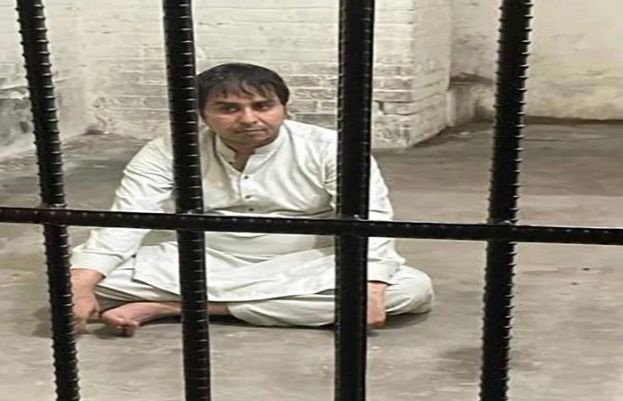The debut of "Denunciation: American Crime Story" compared with most recent release of "American Horror Story" gives an obvious show of why the first of Ryan Murphy's treasury series designs is such a ton better than the second - to be specific, since planting a foot, in actuality, occasions, but indecent, helps check the maker's more offensive abundances.
The prerequisites of introducing material dependent on a genuine story forces a level of discipline that "Harrowing tale" has needed consistently. And keeping in mind that the show doesn't conceal its abhorrent walking orders - "frightfulness" is in the title, all things considered - the reality we're up to a tenth season may clarify why Murphy and his partners continue to attempt to do something extraordinary for themselves, in every so often difficult to-stomach ways.
While a many individuals clearly have fun, "American Horror Story's" most recent portion, captioned "Twofold Feature," is a particularly horrifying cycle of the recipe. All things considered, the vampire-touched plot - with essayists basically selling their spirits and becoming bloodsuckers (not an unobtrusive representation) in their strive after progress - mirrors the establishment's most noticeably awful impulses, both in its subsidiary contacts and needless butchery, especially with a subplot that includes the little girl of the focal couple.
"American Horror Story's" has a sketchy history of joining sexual symbolism and brutality in past versions, as it continually pushes content limits. Adding a little youngster (played by Ryan Kiera Armstrong) to the throat cutting and blood drinking feels disgusting in an alternate yet similarly unwarranted way.
As noted, "American Crime Story" addresses a far-fetched shingle for "Denunciation," absolutely contrasted with the high-profile murder cases chronicled by the initial two portions,
"The People v. O.J. Simpson" and "The Assassination of Gianni Versace." But every one of the three of those undertakings address a huge improvement over awesome of that "Shocking tale" has to bring to the table.
"Denunciation" has accumulated blended surveys, with some scrutinizing its shocking tone, which apparently overlooks what's really important of why the makers and organization were attracted to the topic in any case. Part of Murphy's brightness has been in choosing eye-catching, effectively promotable ideas - for this situation, enrolling Monica Lewinsky as a maker, and moving shameless names like Matt Drudge assist with publicizing this is on the grounds that he (or rather, Billy Eichner as him) is included in it.
"The People v. O.J. Simpson" may have seemed like an easy decision, yet the execution and first class exhibitions satisfied everyone's expectations. The topic wasn't as great in "Gianni Versace" however it was still bounty watchable, with a pompous job for Darren Criss as Andrew Cunanan, who killed the style architect in 1997.
Murphy's fixation on introducing the underside of fabulous universes like Hollywood and design has yielded blended outcomes, however it's important that even there, the work has been exceptional when it's controlled by the real world. Look at "Hollywood," his substitute reality Netflix restricted series, with the more generally grounded "Quarrel: Bette and Joan," his tribute to Bette Davis and Joan Crawford.
Regardless of his transition to Netflix, Murphy has stayed a productive supplier for FX, which as of late reported two "American" branches of his collection series: "American Love Story," zeroing in on the connection between John F. Kennedy Jr. furthermore, Carolyn Bessette; and
"American Sports Story," about the misfortune encompassing football star Aaron Hernandez, which could undoubtedly be introduced under the "Wrongdoing Story" flag.
During a time of bountiful substance, such high-profile stories get through the messiness, and genuine wrongdoing particularly so. Whatever "Indictment's" inadequacies, however, contrasting it and
"Twofold Feature" delineates that not all shows with "American" in the title are made equivalent, and that "frightfulness" time after time serves a permit to kill, yet the disastrous compulsion to participate in needless excess.






